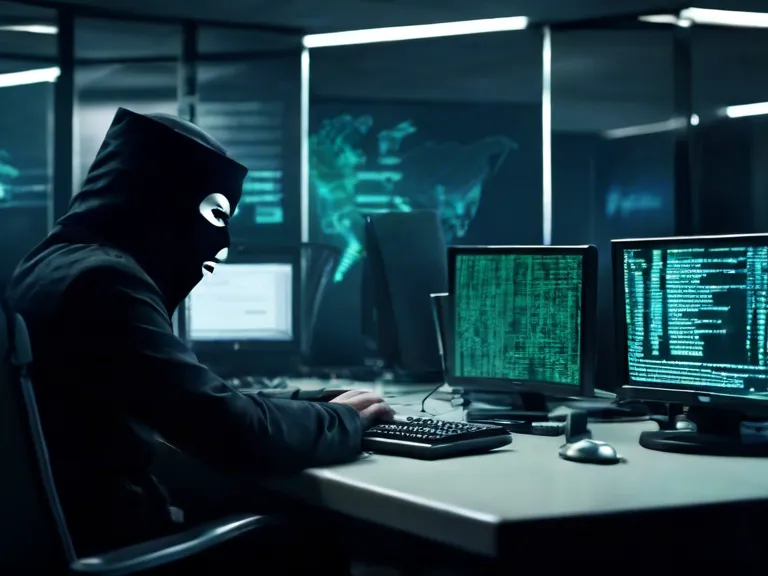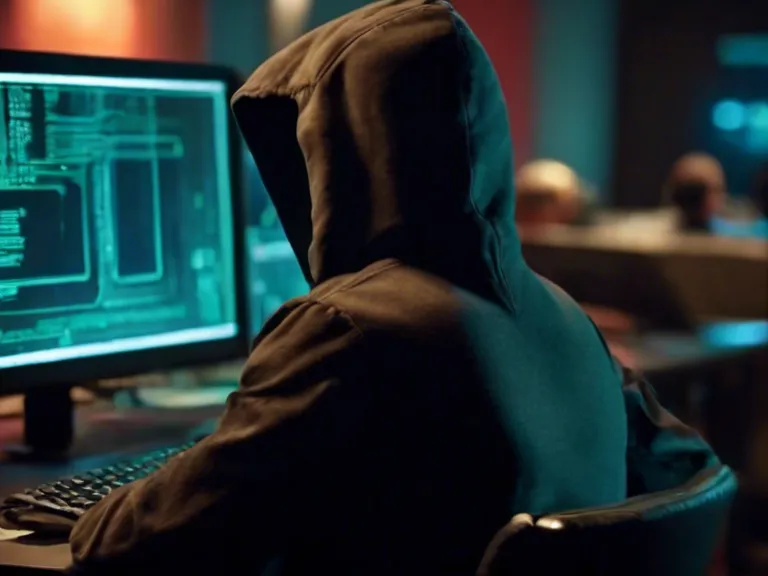
As technology continues to advance, cybersecurity and hacking have become hot topics in popular culture. Films often explore the ethical dilemmas surrounding hacking, presenting complex moral issues for audiences to ponder. From the classic "WarGames" to more recent films like "Snowden" and "The Social Network," these movies raise questions about the implications of hacking and the boundaries of cybersecurity.
One key ethical dilemma in many cybersecurity films is the question of whether hacking can ever be justified. Is it acceptable to break the law in order to expose corruption or abuse of power? Can hacking be a force for good, or is it always inherently harmful? These films challenge viewers to consider these questions and debate the moral implications of hacking.
Another common theme in cybersecurity films is the conflict between individual privacy and national security. Films like "Enemy of the State" and "The Lives of Others" explore the consequences of government surveillance and the erosion of privacy rights in the name of security. These films ask audiences to consider where the line should be drawn between protecting national security and safeguarding individual freedoms.
Additionally, cybersecurity films often delve into the ethics of corporate hacking. Is it morally justifiable to hack into a company's servers to expose unethical practices or protect consumer data? Films like "The Girl with the Dragon Tattoo" and "Sneakers" raise questions about the power dynamics between corporations and individuals in the digital age.
In conclusion, cybersecurity films provide a platform for exploring complex moral dilemmas surrounding hacking and cybersecurity. By presenting these ethical quandaries in a compelling and thought-provoking manner, these films challenge audiences to consider the implications of hacking in our increasingly digital world.


